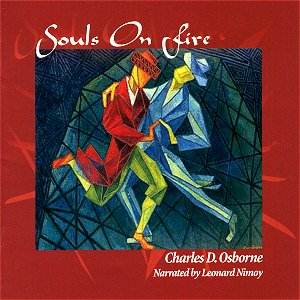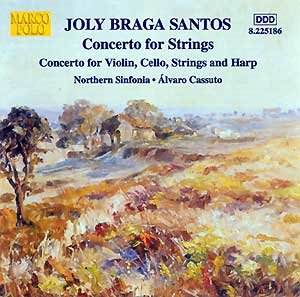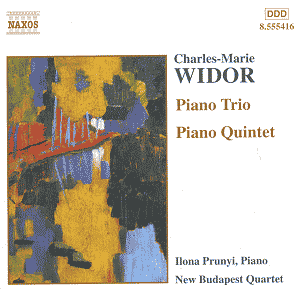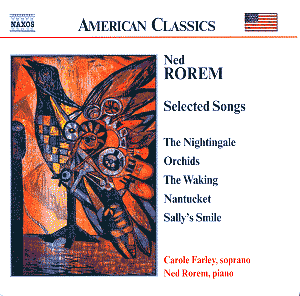 Composer: Charles D. Osborne
Composer: Charles D. Osborne
Works: Souls on Fire
Performers: Catherine Thorpe (soprano), Fredda Rakusin Mendelson (mezzo), Roger Ohlson (tenor), Wesley Garrison (bass), Bulgarian National Symphony and Chorus, conducted by Joshua R. Jacobson, Leonard Nimoy (storyteller), Barbara Grossman and Charles D. Osborne (narrators)
Recording: Recorded at the Salle Bulgaria, Sofia (February 1999), narrative recorded at National Sound, New York (March 1999)
Label: ZC Music Group
The oratorio Souls on Fire, composed by Charles D. Osborne, emerges as a remarkable yet paradoxical work within the contemporary choral canon. First performed in 1998, the piece draws its narrative from a collection of Hasidic legends as presented by Elie Wiesel, whose own life story imbues the music with a poignant historical context. The fusion of deeply rooted Jewish spiritual themes with a modern orchestral palette marks Osborne’s attempt to bridge tradition and contemporary expression, albeit with varying degrees of success.
Osborne’s musical language is, on the whole, conservative, echoing familiar structures and harmonic progressions, which can sometimes feel unadventurous. The work unfolds in a prologue, seven movements, and an epilogue, encapsulating a rich tapestry of emotions and legends. The orchestration, performed by the Bulgarian National Symphony under Joshua R. Jacobson, provides a lush backdrop that supports the vocal lines without overshadowing them. However, one cannot overlook the somewhat formulaic approach to orchestral color that Osborne employs, which may leave seasoned listeners yearning for more innovative textures.
The performance itself features a strong ensemble cast, with Catherine Thorpe’s soprano bringing an ethereal quality to the more uplifting passages, while Fredda Rakusin Mendelson’s mezzo often oscillates between warmth and a distracting vibrato, at times overshadowing the clarity of her lines. Roger Ohlson’s tenor, though earnest, suffers similarly from excessive vibrato, detracting from the lyrical beauty that these moments demand. Wesley Garrison’s bass provides a solid anchor, delivering his lines with gravitas, yet the overall vocal performance lacks the cohesion one would expect from such a dedicated ensemble.
Recording quality is generally satisfactory, with the engineers successfully capturing the vibrant orchestral textures and the clarity of the choral sound. The spatial acoustics of the Salle Bulgaria lend a natural resonance to the performance, yet one might argue that the balance between soloists and orchestra often feels skewed, with the latter occasionally overpowering the vocalists. The inclusion of narrative passages, delivered by Leonard Nimoy and others, adds a unique dimension to the oratorio, though it could benefit from a more substantial contextual framework to enhance understanding for listeners unfamiliar with Hasidic traditions.
The absence of a programmatic synopsis or detailed explanation of the Hasidic legends in the booklet is a significant oversight, particularly for audiences outside the tradition. This lack of contextual information may inhibit deeper engagement with the work’s thematic underpinnings, making it feel somewhat insular.
Souls on Fire represents a sincere, if imperfect, homage to the Hasidic heritage, driven by Osborne’s craftsmanship and the passionate performances of the ensemble. While its narrative ambition and emotional depth are commendable, the work ultimately finds itself constrained by traditional musical boundaries and interpretive inconsistencies. This recording may resonate most strongly with those already acquainted with the cultural lexicon it draws upon, yet it offers a thought-provoking, if not wholly transformative, experience for the broader listener.



